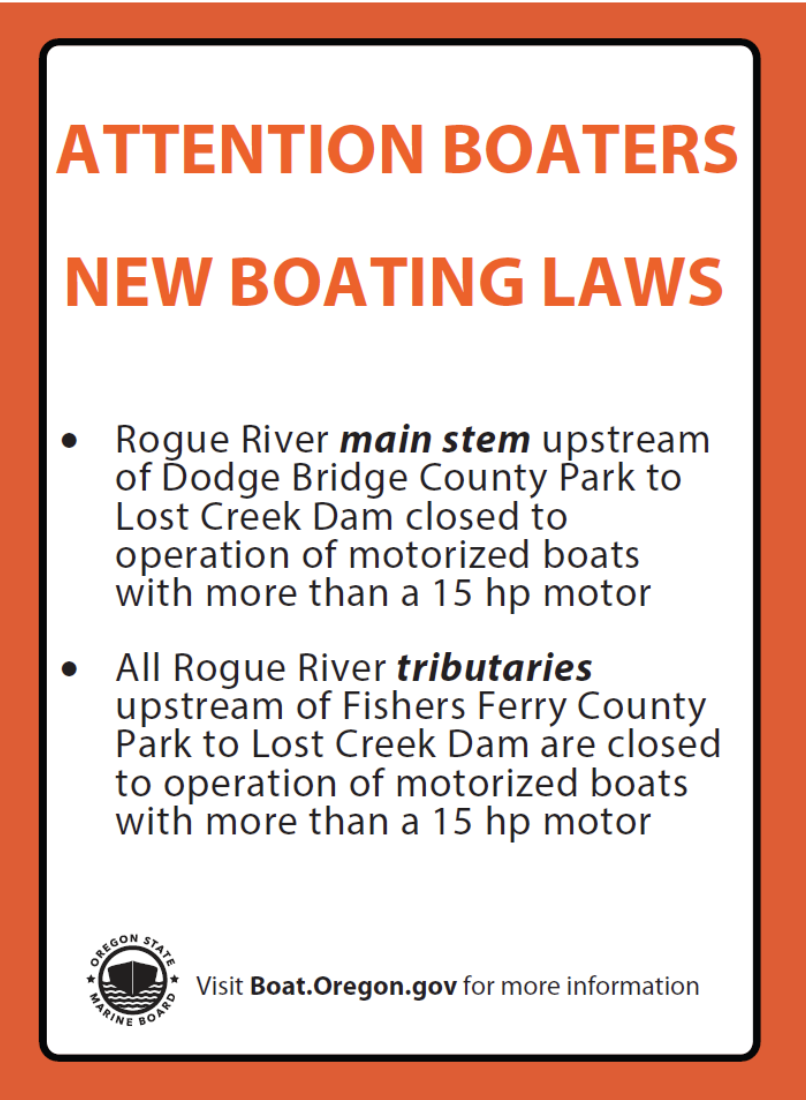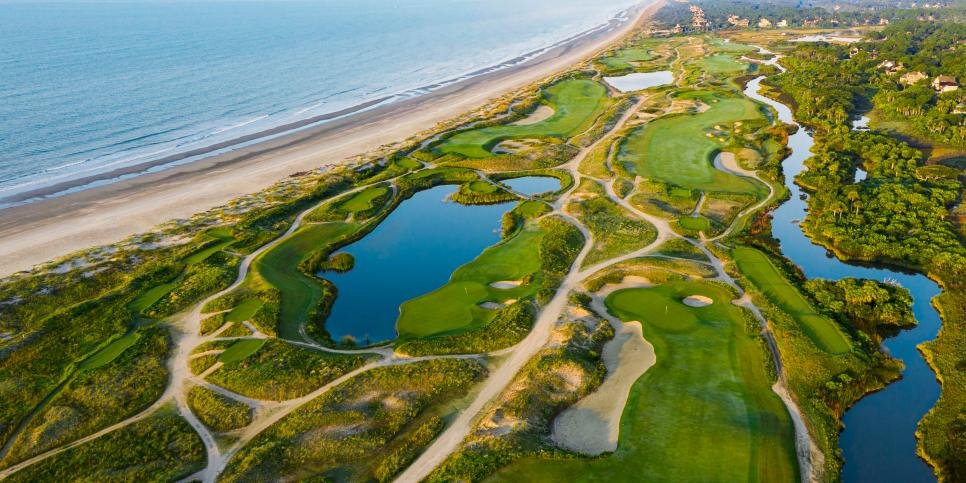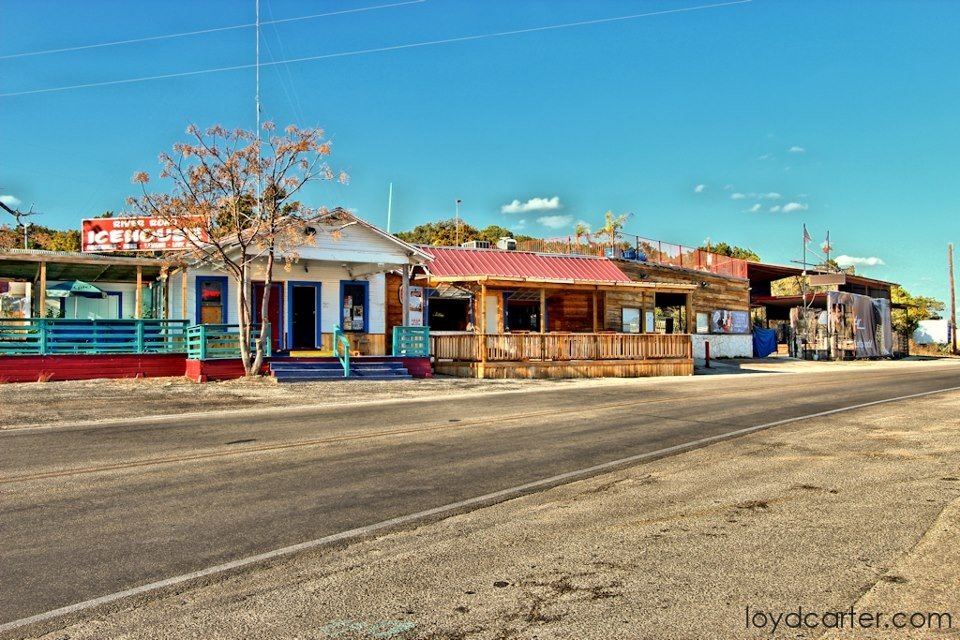The address 1065 Cranbury South River Rd Monroe Township New Jersey 08831 serves as more than just a point on a map; it’s a gateway to the vibrant and often-overlooked aquatic lifestyle of Central New Jersey. For boating and watersports enthusiasts, this location is a strategic anchor point, offering convenient access to a variety of freshwater experiences. Understanding the local opportunities and responsibilities is key to maximizing your time on the water. This guide explores everything from the best local spots for a day trip to the critical details of boat maintenance and dock construction. We will navigate through the serene waters of Thompson Park, delve into exciting kayaking adventures, and clarify the essential New Jersey boating regulations that every vessel operator must know. Whether you’re a seasoned captain or just dipping your toes into the world of watersports, this area provides a rich tapestry of possibilities waiting to be discovered.

Unlocking the Waterways: Your Local Boating Hub
The true value of any location for a boater is its proximity to water, and this particular area in Monroe Township is perfectly situated. It acts as a central hub from which you can easily reach several key bodies of water, each offering a unique character and set of activities. You’re not on the bustling Jersey Shore, but that’s precisely the appeal. Here, you find a more tranquil, intimate connection with the water, surrounded by the lush greenery of Middlesex County. The local waterways are ideal for family outings, solo fishing trips, and learning the ropes of a new watercraft without the pressure of heavy marine traffic. It’s a community where the rhythm of life can sync with the gentle lapping of lake water against a hull.
Exploring the Charm of Thompson Park and Manalapan Lake
Just a short drive away lies Thompson Park, a local treasure that is home to the beautiful Manalapan Lake. This is the heart of non-motorized watersports in the region. The lake is a perfect classroom for beginner kayakers and paddleboarders, with calm waters and a scenic shoreline that invites exploration. You can spend an entire afternoon paddling along the banks, spotting turtles sunning themselves on logs and listening to the calls of local birdlife. It’s an immersive nature experience that feels worlds away from the nearby suburban hustle. Fishing is also a popular pastime here, with anglers casting lines for largemouth bass, sunfish, and catfish. The park provides convenient launch areas, making it incredibly easy to get your kayak, canoe, or stand-up paddleboard into the water and start your adventure.
Powerboating and Jet Skiing Opportunities on the Raritan River
For those with a need for a bit more speed, the Raritan River offers a more expansive playground. While certain sections are better suited for larger craft, the river provides ample space for powerboating, water skiing, and jet skiing adventures. Accessing the river requires a bit more planning, with specific boat ramps available to the public. It’s crucial to check local ordinances and ramp regulations before you head out, as some may have restrictions on engine size or specific hours of operation. The experience is a thrilling contrast to the serenity of Manalapan Lake, offering the excitement of opening up the throttle and feeling the wind and spray on a hot summer day. It’s the perfect venue for a more high-energy outing with friends and family.

Mastering Boat and Dock Care in a Four-Season Climate
Owning a boat in New Jersey means embracing a four-season lifestyle, which brings with it a unique set of maintenance responsibilities. The dramatic shift from hot, humid summers to cold, icy winters demands a proactive approach to caring for both your vessel and your dock. Proper upkeep not only protects your investment but also ensures safety and reliability when you’re eager to get back on the water. Overlooking these essential tasks can lead to costly repairs and lost time during the prime boating season. It’s a cycle of preparation and preservation that becomes second nature to dedicated boat owners in the region.
“The biggest mistake I see new boat owners make in New Jersey is underestimating the winter,” states Marcus Thorne, a seasoned marina consultant with over 20 years of experience. “A proper winterization isn’t just a suggestion; it’s a necessity to prevent cracked engine blocks and damaged hulls. It’s the most important job you’ll do all year.”
The Critical Steps to Winterize Your Vessel
As autumn leaves begin to fall, the clock starts ticking on winter boat preparation. Winterization is a comprehensive process designed to protect your boat from the harsh effects of freezing temperatures. This involves draining all water from the engine, plumbing systems, and bilges to prevent ice expansion, which can cause catastrophic damage. The fuel system needs to be stabilized to prevent degradation and buildup in the lines. It’s also the perfect time to change the oil and filters, as old, acidic oil can corrode engine components over the winter. Finally, the boat should be thoroughly cleaned inside and out and covered securely with a high-quality, breathable cover to protect it from snow, ice, and debris.
| Feature | DIY Winterization | Professional Service |
|---|---|---|
| Average Cost | $100 – $300 (supplies) | $300 – $700+ (depending on boat size) |
| Time Commitment | 4 – 8 hours | Drop-off and pick-up |
| Required Expertise | Moderate mechanical knowledge | None required |
| Peace of Mind | Dependent on your skill | High, often includes a guarantee |
Your Pre-Season Commissioning Checklist
When spring finally arrives, the process of de-winterizing, or commissioning, is just as important. It’s the reverse of the winterization process, but with a heavy emphasis on inspection. You’ll need to reinstall any drain plugs you removed, reconnect batteries, and carefully check all fluid levels. This is the ideal time to inspect all safety equipment, including personal flotation devices (PFDs), fire extinguishers, flares, and first-aid kits. Check for any cracks or wear in fuel lines, belts, and hoses that may have developed over the winter. Before your first launch, it’s wise to start the engine with a water source connected (often called “running on the muffs”) to ensure everything is operating smoothly. This pre-season check-up prevents a great day on the water from turning into a frustrating one at the boat ramp.

What Are the Docking Options for a Waterfront Property Near 1065 Cranbury South River Rd Monroe Township New Jersey 08831?
For those fortunate enough to own waterfront property, a dock is not just an accessory; it’s the bridge to your aquatic lifestyle. The type of dock you choose will depend heavily on the body of water you’re on, local regulations, and your specific needs. In Central New Jersey, where you’ll encounter lakes and rivers with fluctuating water levels and the potential for winter ice, making the right choice is paramount. The right dock provides safe mooring for your boat, a stable platform for swimming and fishing, and a beautiful extension of your living space.
Choosing Between Floating and Fixed Dock Systems
The two primary choices for residential docks are floating and fixed. A fixed dock, also known as a stationary or pile dock, is built on pilings driven deep into the lakebed or riverbed. It offers unmatched stability but can be problematic in areas with significant water level changes, as the distance from the dock surface to the water can vary dramatically. Floating docks, on the other hand, are built on buoyant sections and rise and fall with the water level, ensuring your boat is always easy to access. They are generally better suited for the lakes in this region and are easier to remove or reconfigure. The choice of decking material, from traditional pressure-treated wood to low-maintenance composite or aluminum, will also impact the dock’s longevity and cost.
“In a climate with a hard freeze-thaw cycle like New Jersey’s, material choice is everything,” explains Dr. Isabella Rossi, a marine structural engineer. “While wood has a classic appeal, modern composites and aluminum offer superior resistance to ice damage and rot. For floating docks, ensuring the floats are rated for cold weather is a non-negotiable part of the design.”
Navigating Local Permits for Dock Construction
You can’t simply decide to build a dock one weekend. Any construction on or near a waterway is subject to strict regulations, primarily overseen by the New Jersey Department of Environmental Protection (NJDEP). The permitting process is in place to protect the local ecosystem, ensure public safety, and manage waterfront development. You will likely need to submit detailed plans, including materials, dimensions, and placement, for approval. It’s a complex process that often requires working with a professional marine contractor who is familiar with local codes and the NJDEP’s requirements. Attempting to build without the proper permits can result in significant fines and an order to remove the structure.
A Quick Guide to New Jersey Boating Laws
Operating a boat carries the same level of responsibility as driving a car. Understanding and adhering to New Jersey’s boating laws is essential for everyone’s safety on the water. The New Jersey State Police Marine Services Bureau is the primary enforcement agency, and they are vigilant about ensuring boaters follow the rules of the road, or in this case, the water.
The most important requirement for anyone operating a powered vessel in New Jersey is the Boating Safety Certificate. You must have this certificate in your possession if you are operating a motorboat or a personal watercraft (like a Jet Ski) on state waters. There are age restrictions as well; for instance, you must be at least 16 years old to operate a PWC legally. Additionally, state law mandates that all vessels have an appropriate number of U.S. Coast Guard-approved PFDs on board for every person. Children under 13 must wear their PFD at all times while the vessel is underway. Finally, operating any vessel under the influence of alcohol or drugs (BUI) is a serious offense with severe penalties, including fines, license suspension, and jail time.
From the quiet paddles on Manalapan Lake to the exhilarating rides on the Raritan River, the area surrounding 1065 Cranbury South River Rd Monroe Township New Jersey 08831 is a fantastic launchpad for a rich and rewarding life on the water. By combining the thrill of exploration with a responsible approach to maintenance, safety, and local regulations, you can create countless memories and truly make the most of New Jersey’s beautiful inland waterways.
Community Reviews
Liam O’Connell
★★★★★
This area is a hidden gem for kayakers. I live nearby and frequently launch at Thompson Park. The access is incredibly easy, and the lake is always so peaceful, even on weekends. It’s the perfect spot to unwind after a long week. Highly recommend it for anyone into paddlesports.
Sofia Chen
★★★★☆
Great central location. We keep our small powerboat on the Raritan and living in Monroe makes getting to the launch ramp a breeze. The river can get a bit busy on summer holidays, but otherwise, it’s a fantastic place for a day of tubing and cruising. Docking facilities at some ramps could use an update, but they’re functional.
David Goldstein
★★★★★
I used a local marine service recommended by a friend in the area to winterize my boat for the first time, and I couldn’t be happier. They were thorough and explained the entire process. Having that professional peace of mind heading into the cold season is priceless. This community really knows its boats.
Amelia Rodriguez
★★★★★
My family and I just love spending weekends fishing on Manalapan Lake. It’s so family-friendly. We pack a picnic and make a whole day of it. The kids have learned so much about nature and patience just by being out on the water here. It’s our favorite local getaway.
Charles “Chuck” Davies
★★★★☆
Good boating scene, but make sure you’re up on the regulations. I saw the State Police Marine unit out several times last summer checking for safety certificates and PFDs. It’s great for safety, but don’t get caught unprepared. Do your homework, get your certificate, and you’ll have a great time.


